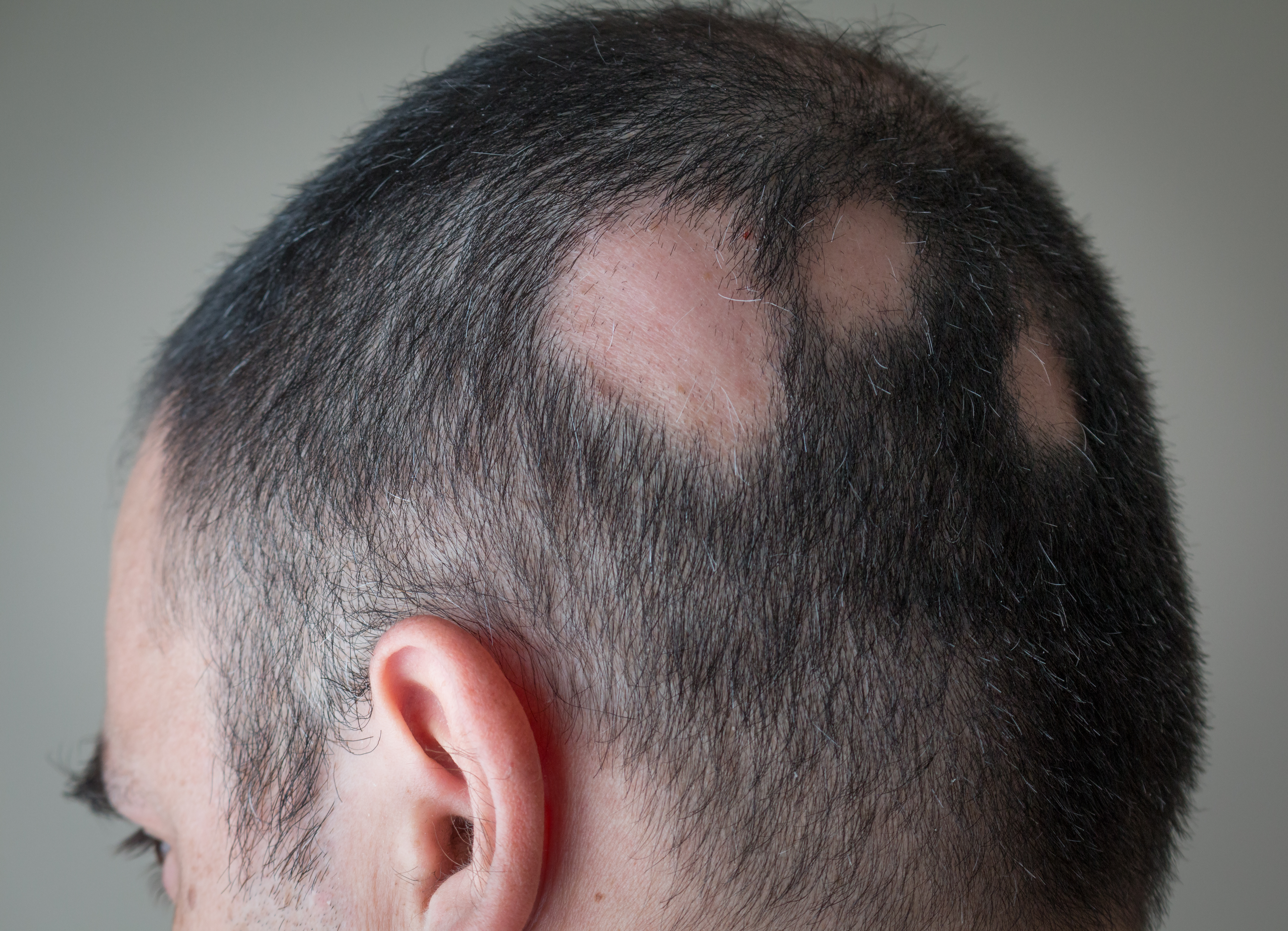Journal/
conference: Nature Communications
conference: Nature Communications
Research:Paper
Organisation/s:
WEHI, The University of Melbourne, Peter MacCallum Cancer Centre, Duke-NUS Medical School
Funder:
Victorian Cancer Agency (VCA), Ministry of Education (MOE) Singapore and National Medical Research Council (NHMRC) Singapore



 Australia; International; VIC
Australia; International; VIC


